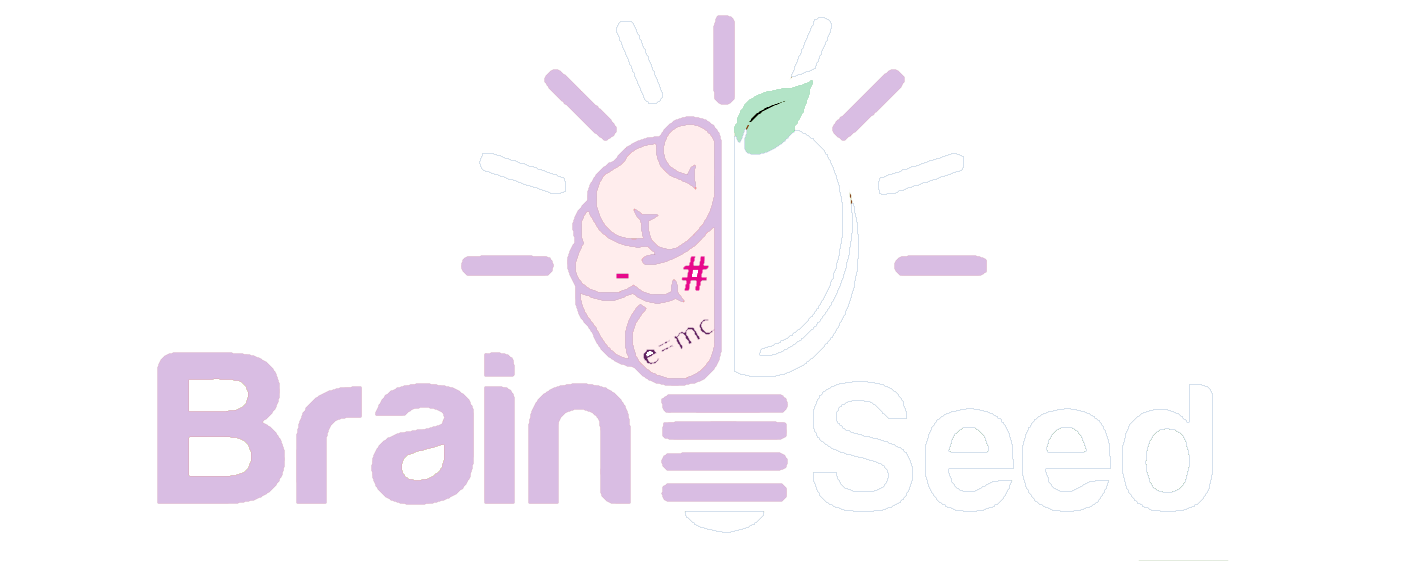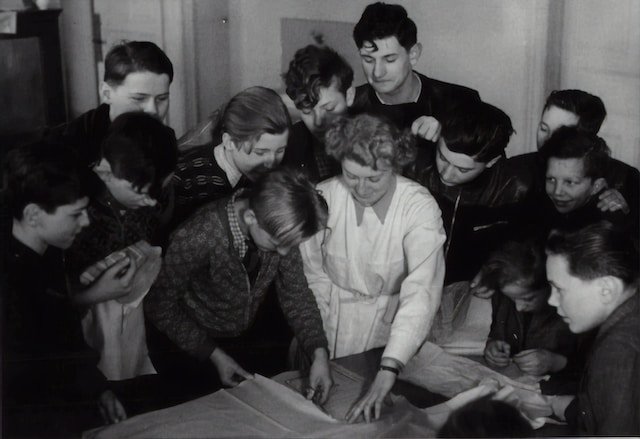The role of drama in promoting teamwork and collaboration skills
Drama is an exceptional tool for promoting cooperation and collaboration skills. By engaging in creative activities and working towards a common goal, participants in drama projects can develop a range of important skills that are essential for success in a variety of settings.
Using Acts of Spontaneity to Promote Collaboration
One key way that drama promotes cooperation and collaboration is by using acts of spontaneity. In these exercises, participants are required to work together to create a story or scene on the spot, often with little or no pre-planning or preparation. By collaborating to build a story, participants develop their ability to communicate effectively, think creatively, and work together with others.
Using Ensemble Performances to Foster Collaboration
Another way that drama promotes cooperation and collaboration is by using ensemble performances. In group performances, actors work together as a cohesive group to create a production. This requires a high degree of collaboration and coordination, as each actor must work together to ensure that the production is strong and cohesive. By working together in this way, participants develop their ability to wait and listen to others, communicate effectively, and work cooperatively towards a common goal.
Providing a Safe Space for Exploration and Challenge
Drama can also promote cooperation and collaboration by providing a safe space for participants to explore and face challenges. In drama programs, participants are often encouraged to step out of their comfort zone and try new things. As a result, they develop their confidence and their ability to work authentically with others, even in high-pressure or challenging situations.
Emphasizing Feedback and Constructive Criticism
Finally, drama promotes cooperation and collaboration by emphasizing the importance of feedback and constructive criticism. In drama programs, participants are often asked to give feedback to each other, both on their performances and on their collaborative skills. This feedback helps to promote a culture of openness and collaboration, where participants feel comfortable sharing their ideas and receiving feedback from others.
Conclusion
Overall, the role of drama in advancing cooperation and collaboration cannot be overstated. By providing a safe space for participants to experiment and face challenges, emphasizing the importance of feedback and constructive criticism, and encouraging participants to work together towards a common goal, drama can help to develop a range of valuable skills that are essential for success in any situation. Whether in the workplace, in group environments, or in personal relationships, the skills developed through drama can be used to build stronger, more collaborative teams and communities.
Are you looking for a fresh and exciting way to engage your school’s drama program or your child’s creativity? Try YouTube drama! It’s a fun and modern way for students to create and perform in their own videos. YouTube drama is flexible, convenient, and can even reach a wider audience. Plus, it teaches valuable skills like video production, editing, and storytelling. Click here to learn more about how YouTube drama can benefit your school’s drama program.







